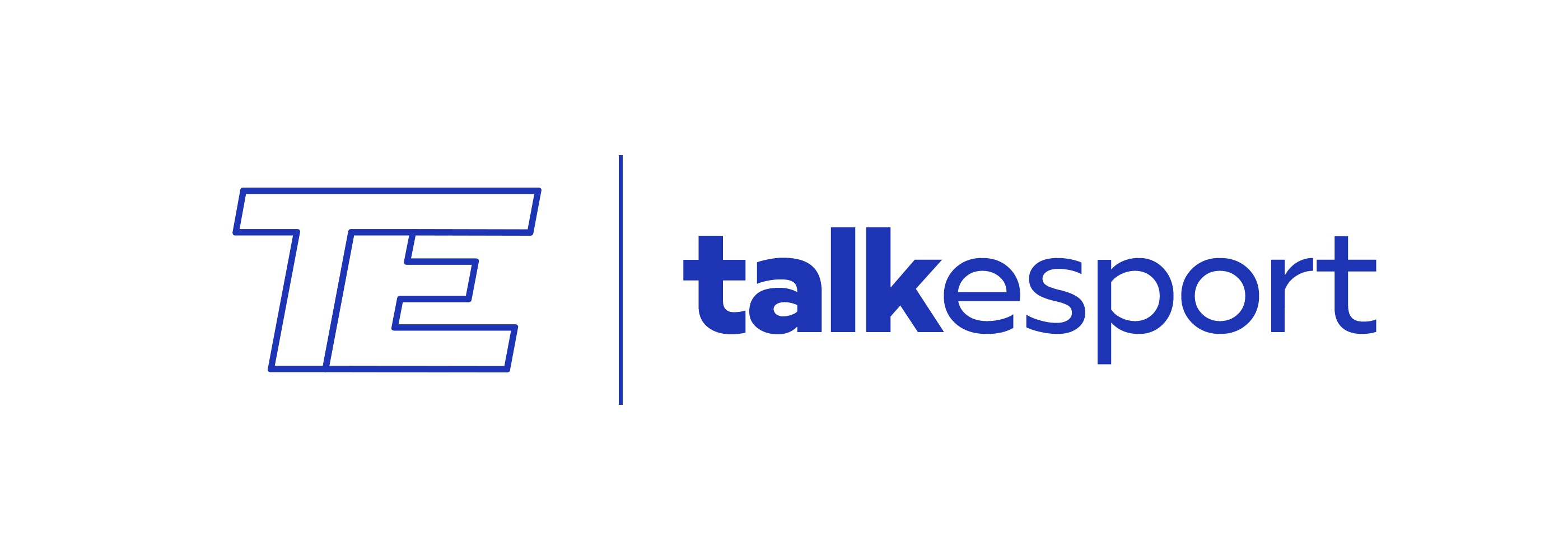The Indian government is actively considering the implementation of more stringent regulations on online gaming, with a particular focus on addressing the rising concerns of gaming addiction among children and young adults. The Ministry of Electronics and Information Technology (MeitY) is at the forefront of this initiative, advocating for the establishment of time and spending limits on both online and real-money games.
Proposed Regulations and Their Implications
The proposed laws aim to restrict the amount of money and time that players can spend on gaming activities. This is seen as a necessary step to mitigate the risks associated with excessive gaming. Gaming companies will be required to develop and implement mechanisms that ensure players adhere to these prescribed limits.
The approach being considered is similar to the gaming restrictions in China, which have been put in place to combat gaming addiction. The Indian government is also contemplating the introduction of time restrictions on game approvals, moving away from reliance on self-regulatory organizations (SROs) to a more direct regulatory approach.
India boasts one of the largest gaming markets in the world, with nearly 570 million active gamers, and about 25% of these players are involved in real-money gaming activities. The sheer size of this market underscores the importance of effective regulation to prevent gaming addiction and protect vulnerable populations.
The government is considering the customization of daily spending limits based on factors such as a player’s historical expenditure patterns and age demographics. This nuanced approach is intended to provide tailored solutions that reflect the diverse gaming community.
There is a strong consensus within the ministry on the need for robust measures to address gaming addiction among the youth. Government representatives are optimistic about the feasibility of these measures and stress the importance of collaborating with the gaming industry to develop practical solutions.
The government is set to act as the regulator for the online gaming sector, with MeitY preparing a framework for permitting and certifying online games that involve real money. However, the inability to reach a consensus on the formulation of SROs might affect the gaming industry’s economy. Concerns have been raised that the absence of industry leaders in the government-led regulatory body could hinder the industry’s expansion, growth, and innovation. All four proposals submitted by various gaming organizations were rejected for not meeting the required standards, highlighting the challenges in establishing a mutually agreeable regulatory framework.
The Indian government’s proactive stance on regulating online gaming is a significant step towards addressing gaming addiction. The proposed regulations, while still in the discussion phase, reflect a commitment to safeguarding the well-being of gamers, particularly the youth, while also recognizing the need to work closely with the gaming industry to ensure the successful implementation of these measures.


